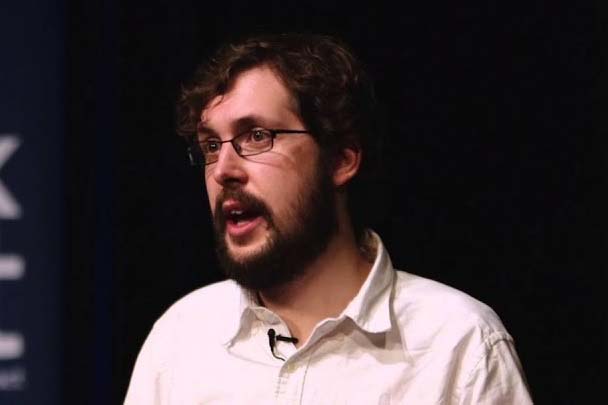A paper co-authored by SSPSSR Senior Lecturer in Quantitative Sociology Dr Robert de Vries and Dr Aaron Reeves from the University of Oxford’s Department of Social Policy and Intervention, has won the 2020 British Journal of Sociology (BJS) Prize.
The paper, ‘Can cultural consumption increase future earnings? Exploring the economic returns to cultural capital’ analyses the results from a large-scale quantitative study. The study found that participating in cultural activities is likely to have a positive effect on future earnings, and on the chances of promotion and upward social mobility.
The BJS Prize is awarded biannually for an article published in the BJS during a 24-month period that makes an outstanding contribution to sociological knowledge.
In their paper, Dr de Vries and Dr Reeves suggest the most likely explanation for the effect they found is that economic gatekeepers (such as members of hiring or promotion committees) value cultural participation as an indication of an interesting and well-rounded candidate. They suggest that, when it comes to cultural participation, the message is not that only ‘high-brow’ activities count, but more generally that ‘more is better’.
Their study is based on data from Understanding Society (USoc), the UK’s largest ongoing longitudinal social survey. The USoc sample is considered to be highly representative of the British population, including data from roughly 20,000 USoc participants.
Dr de Vries said: ‘The primary focus of our analysis was the effect of cultural participation on future earnings. We examined the relationship between respondents’ current economic situation and their participation in cultural activities one year previously. In the Understanding Society survey, respondents are asked if they participated in each of a list of 14 activities. These activities include watching a film at the cinema, visiting an art exhibition, visiting a street arts display, attending a carnival, attending the theatre, attending the opera, attending a classical music concert, and attending a rock or pop performance.
‘We found that people who participated in a larger number of cultural activities earned significantly higher salaries a year later than did people who participated in fewer cultural activities. People who participated in one additional cultural activity earned an average of £175 more per month in the subsequent year.’
